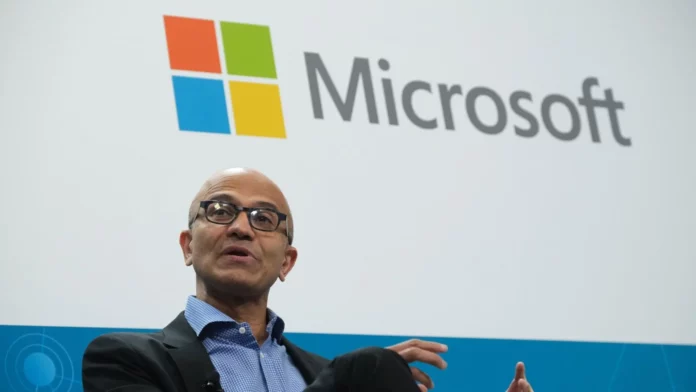Microsoft and OpenAI have something of a symbiotic relationship: the former has invested billions of dollars in the artificial intelligence startup lab, and in return, has gained early access to cutting-edge models that are now part of Microsoft’s productivity software.
However, the two companies are moving in different directions, and today Reuters reported that Microsoft is looking to add more models to its 365 Copilot product that are not created by OpenAI.
According to the report, the reason is that Microsoft considers OpenAI’s advanced GPT-4 model too expensive and not fast enough to satisfy its enterprise customers. Copilot 365 is an artificial intelligence-based assistant built into Microsoft’s suite of productivity programs, including Word and PowerPoint.
The tool is supposed to ingest all of a company’s data and do a variety of things, such as enable users to quickly find information without having to search for it in different applications; quickly create a list of a company’s most profitable business units; or instantly summarize meetings and emails.
Copilot 365 is supposed to do these things, but customers and insiders are still unhappy with Copilot 365, which costs an additional $30 per month for each user on the team. In a recent Business Insider article, Microsoft employees, speaking on condition of anonymity, called the tools “terrible” and “gimmicky” that don’t work properly 75% of the time. On the customer side, Business Insider cited a survey of 123 IT leaders published by Gartner, a consulting firm, in which only four of them said that Copilot was of significant value to their companies. It should be noted that some other articles have reported on companies that have found value in using large language models, for example, by simplifying customer support.
OpenAI’s ChatGPT is a marginal, general model, meaning it is trained on large datasets and can be more expensive and slower to run; this is why most models are offered in “lightweight” versions that do less intensive inference or “thinking”. Microsoft trains its own smaller models, such as the Phi-4, and Reuters reports that sources told the publication that the company is looking to “tweak other open-weight models to make 365 Copilot faster and more efficient.”
On the one hand, it’s understandable that Microsoft wants to reduce its dependence on OpenAI. If the company is right and AI is going to be the next generation of changes in computing, then relying on an independent company to develop the core technology is not a good idea.
Microsoft has invested billions of dollars in OpenAI and will receive 75% of its profits until it recoups its investment, and even then it will still have a large stake in the startup. In essence, the company is hedging its bets – building its own models while keeping a lottery ticket in OpenAI in case the startup continues its rapid development.
Despite the fact that OpenAI is the leader today, some skeptics say that we may not yet know the real winner in the AI race (if these technologies are as revolutionary as we are convinced). Just as in the 90s, the Internet saw many search engines emerge, only to be quickly defeated by the latecomer Google. Microsoft is probably playing it safe.









